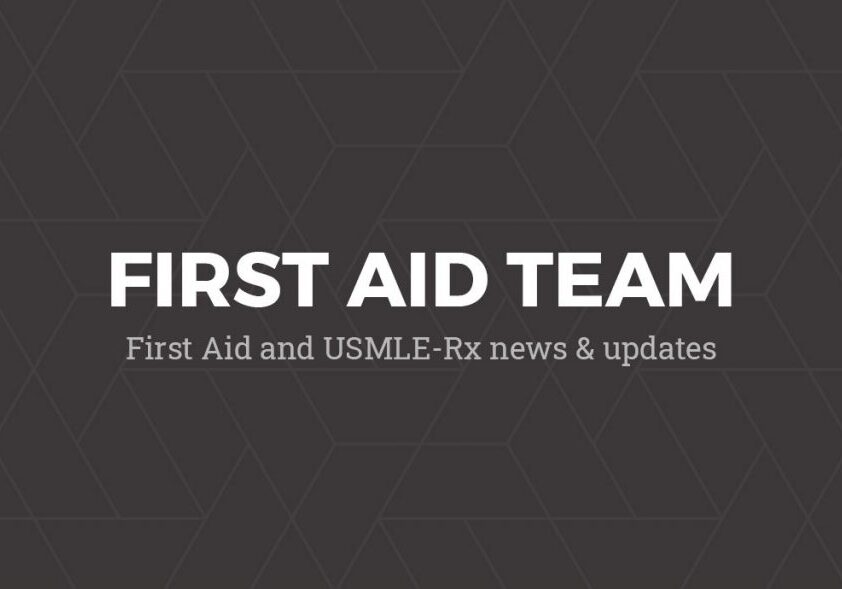By Sean Martin
 I think many osteopathic students and residents agree it is a good time to be a DO. The AOA and ACGME have agreed to pursue a common graduate medical education accreditation system. This is a major victory for osteopathic students who were very close to having serious limitations put on them by the proposed common program requirement.
I think many osteopathic students and residents agree it is a good time to be a DO. The AOA and ACGME have agreed to pursue a common graduate medical education accreditation system. This is a major victory for osteopathic students who were very close to having serious limitations put on them by the proposed common program requirement.
So what does it all really mean? From the press releases, it appears that all residency programs will now be under the supervision of the ACGME, the body that has been governing allopathic residencies. Residencies will now have an osteopathic or allopathic “focus.” Those with an osteopathic focus will continue to teach osteopathic principles and practices and will show preference to osteopathic applicants. While allopathic students may apply, talks seem to point to MD students having to show some level of proficiency in OMM.
Another major implication to this decision is that graduates of osteopathic focus residencies would be able to sit for whichever board exam or exams they choose. This would later allow graduates of osteopathic focus programs to sit for fellowship boards. Currently, graduates of osteopathic programs are permitted to train in allopathic fellowship programs but must then petition to be boarded by the AOA as they cannot sit for allopathic fellowship boards without previous allopathic certification.
Does this mean that basis and favoritism is going to disappear in post graduate education? Having spoken to a few program directors, the general feeling is no. Programs that were osteopathic in the past will continue to take DO graduates, and those programs that did not allow DO applicants will still continue their policy of only allopathic candidates. On the other hand, there will be programs that will simply choose the best candidates regardless of degree, which will open more residency spots to DO and MD applicants alike.
While this is a big victory for all osteopathic students and residents it is important to remember that the real winners today are the patients. One body accrediting post graduate medical education ensures that all training physicians are held to the same standards. The goal here should be to improve patient care to ensure the American public is given the best medical care possible.


Remington
Cameron